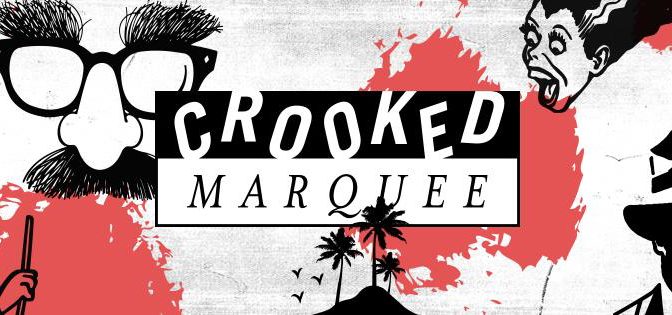The folks over at Crooked Marquee have given us a great analysis of a variety of movies about extreme wealth and privilege and how it poisons. I’ve included a sample from their post as they discuss the documentary Queen of Versailles by Lauren Greenfield.
As the chasm grows between those who can’t afford to visit the dentist and those who spend a year’s worth of Ivy League tuition on a handbag, it is pertinent to re-examine films about the wealth and greed…
Nearly 10 years ago, Greenfield examined the Siegel family, the multimillionaire owners of the Westgate resorts, in her documentary Queen of Versailles. Greenfield unfolds their almost carnivalesque pursuit of the most ostentatious lifestyle possible. Their myopic, moneyed view of the world is absurd, such as when Jackie Siegel complains that her 10-person family is “bursting out of the seams” in their current mega-mansion. To assuage these devastating spacial issues, Jackie aims to construct one of the largest and most expensive single-family “houses” in the United States. At 90,000 square feet, it is more like a real-life Richie Rich palace, complete with 30 bathrooms, 10 kitchens, a bowling alley, ice-skating rink, and even a baseball field.
But the Great Recession of 2008 comes catapulting into the Siegel’s dreams like a giant wrecking ball, turning their life into what David Siegel sardonically dubs a “riches to rags story.” Struggling to cope with their reduced income, the Siegels are forced to sell their lofty castle for a mere $100 million. Some of their downfall is played for laughs, like when Jackie rents a car and asks who her driver will be, but for the most part Greenfield admonishes and pities her subjects. When they must let a few of their multiple nannies and housekeepers go, their home becomes a grubby, horrifying pigsty where pets are left to die and dog shit piles on the floor. Perhaps having a four-bedroom house would be a lot more manageable for the Siegels.
One of the most wretched moments in Queen of Versailles is when Jackie, in an attempt to save money, purchases Christmas presents at Wal-Mart. She grabs as many toys as she can without even looking, putting zero thought or heart into the gifts she is giving her children. When she returns home, one of the nannies puts a newly minted bike in the garage where it sits among at least 20 untouched others of the exact same kind. Toward the end of the documentary, Greenfield asks Mr. Siegel, who is sitting on a colossal and outlandish gold throne, what his hopes for the future are. “A plane. A yacht,” he stoutly replies. He does not wish for anything having to do with his family or any kind of human experience — he just has an insipid desire for more things. But it is never enough. One of Jackie Siegel’s former neighbors attests that “the American Dream is rising way up above what you started with.” But how much is too far? There is a stark line between living a life improved and one of bloated, fanatical avarice. Queen of Versailles shakes its head in horrified and bemused disbelief at the Siegels’ profuse spending habits and strikes a deft balance between mocking and sympathizing with them…
These films hammer home similar messages about how true happiness is interpersonal and not monetary. Yet filmmakers continue to return to this theme again and again, suggesting that society’s desire for wealth is an innate part of human nature that we will never shake off. And as Laura Greenfield says in Generation Wealth, it seems to be even worse in this Kardashian, #richkidsofinstagram age. “Greed is good” Gordon Gecko once snarled in Wall Street, but these films prove that greed is also hideous, sad, thrilling, and utterly intoxicating.
